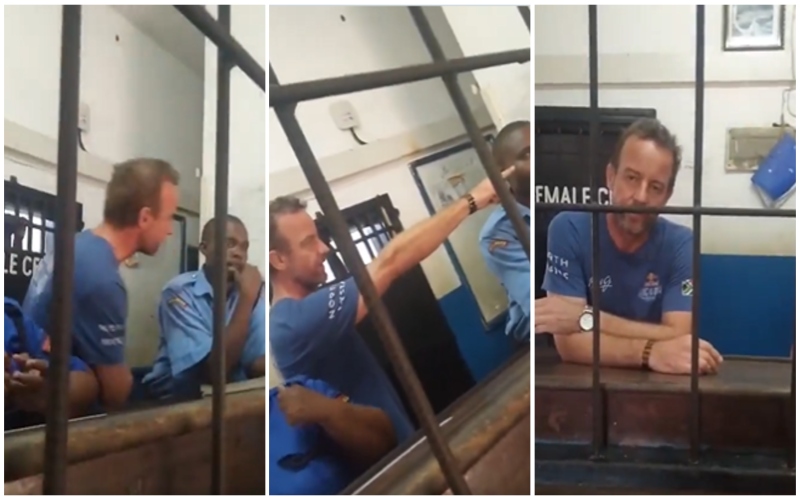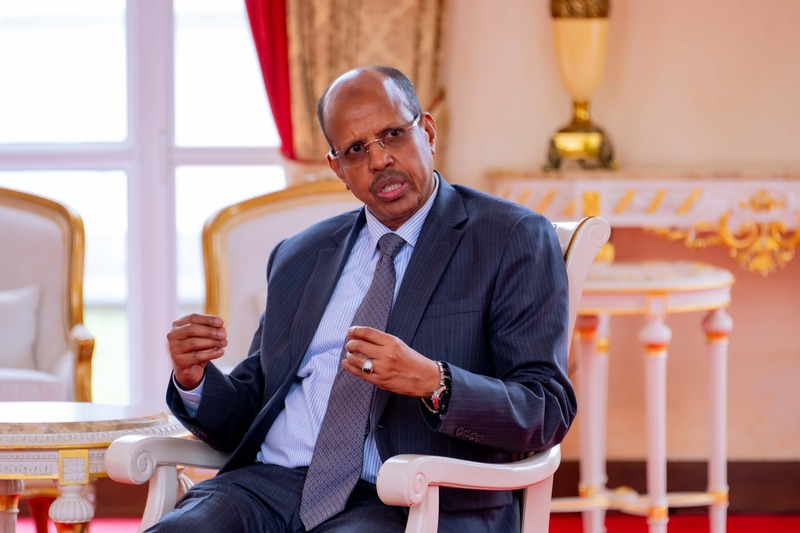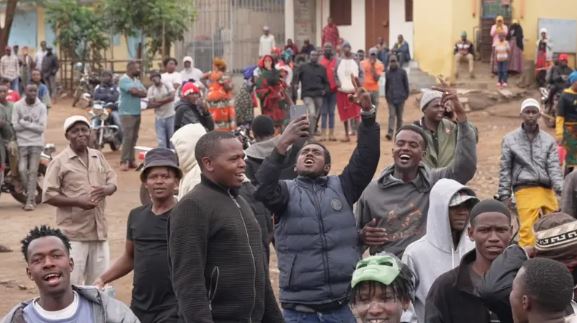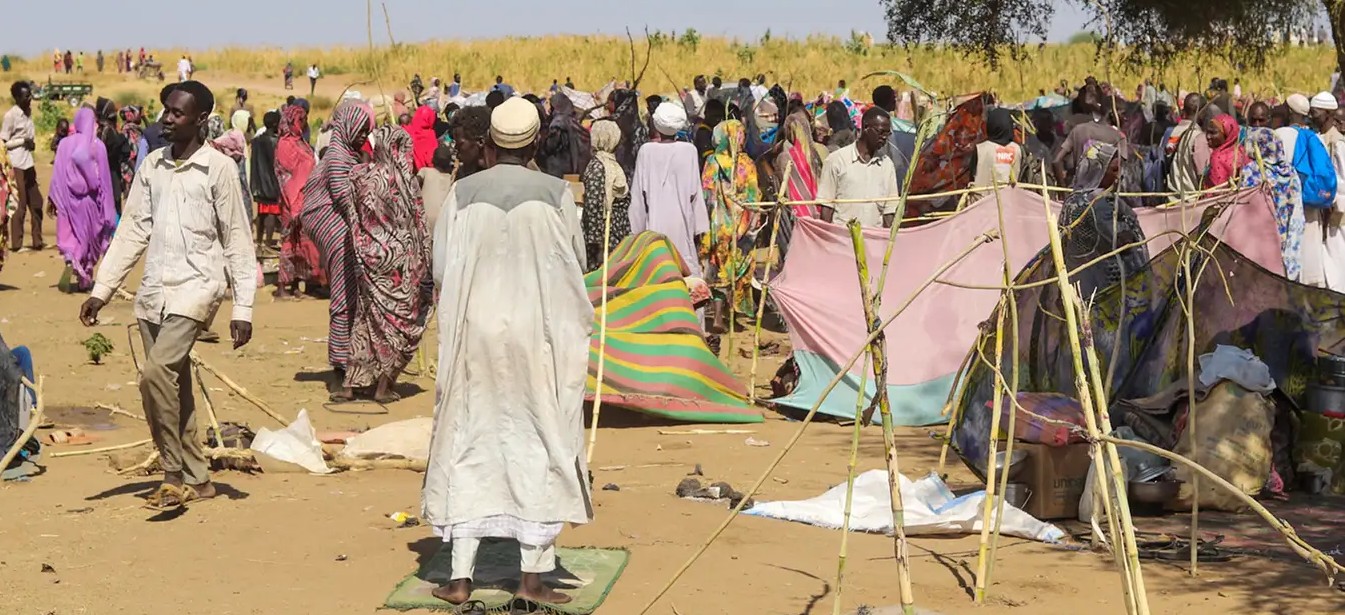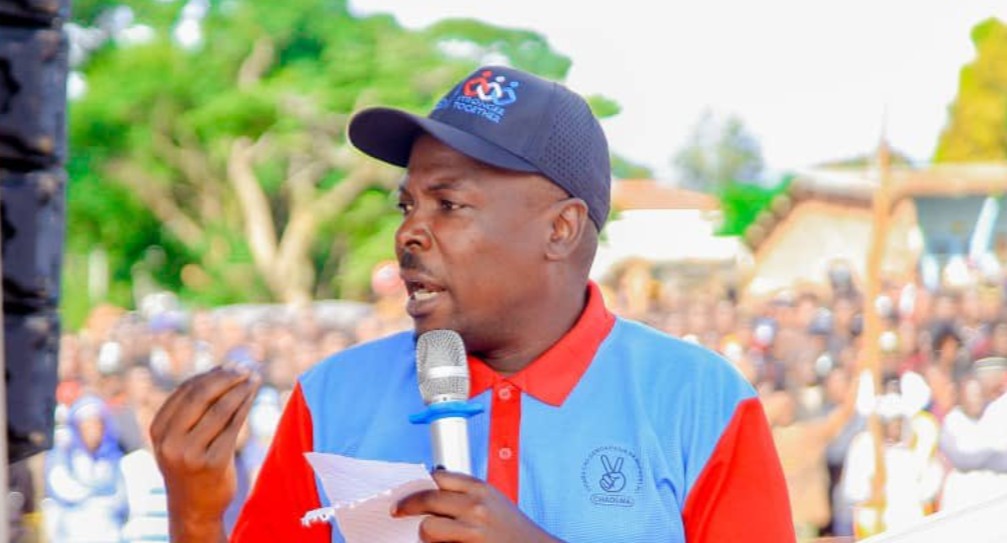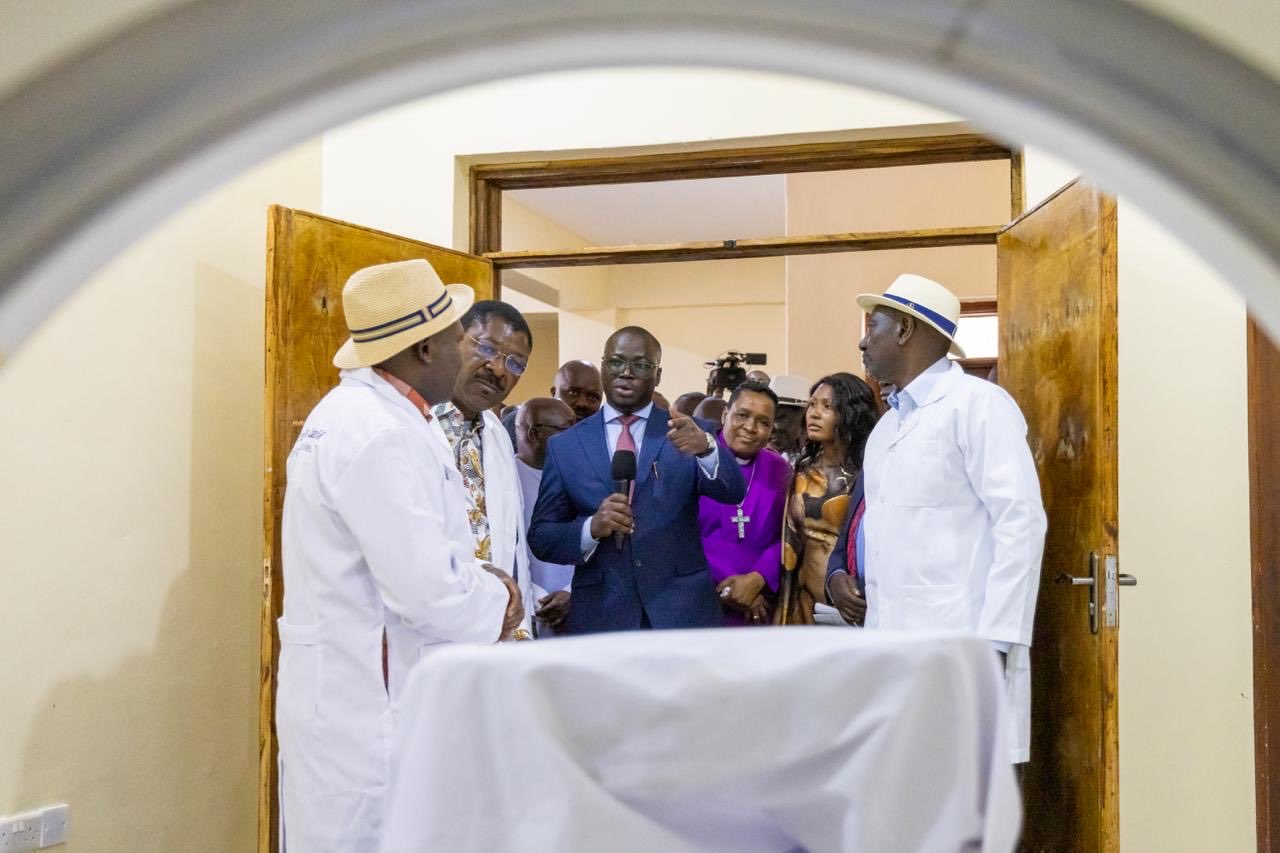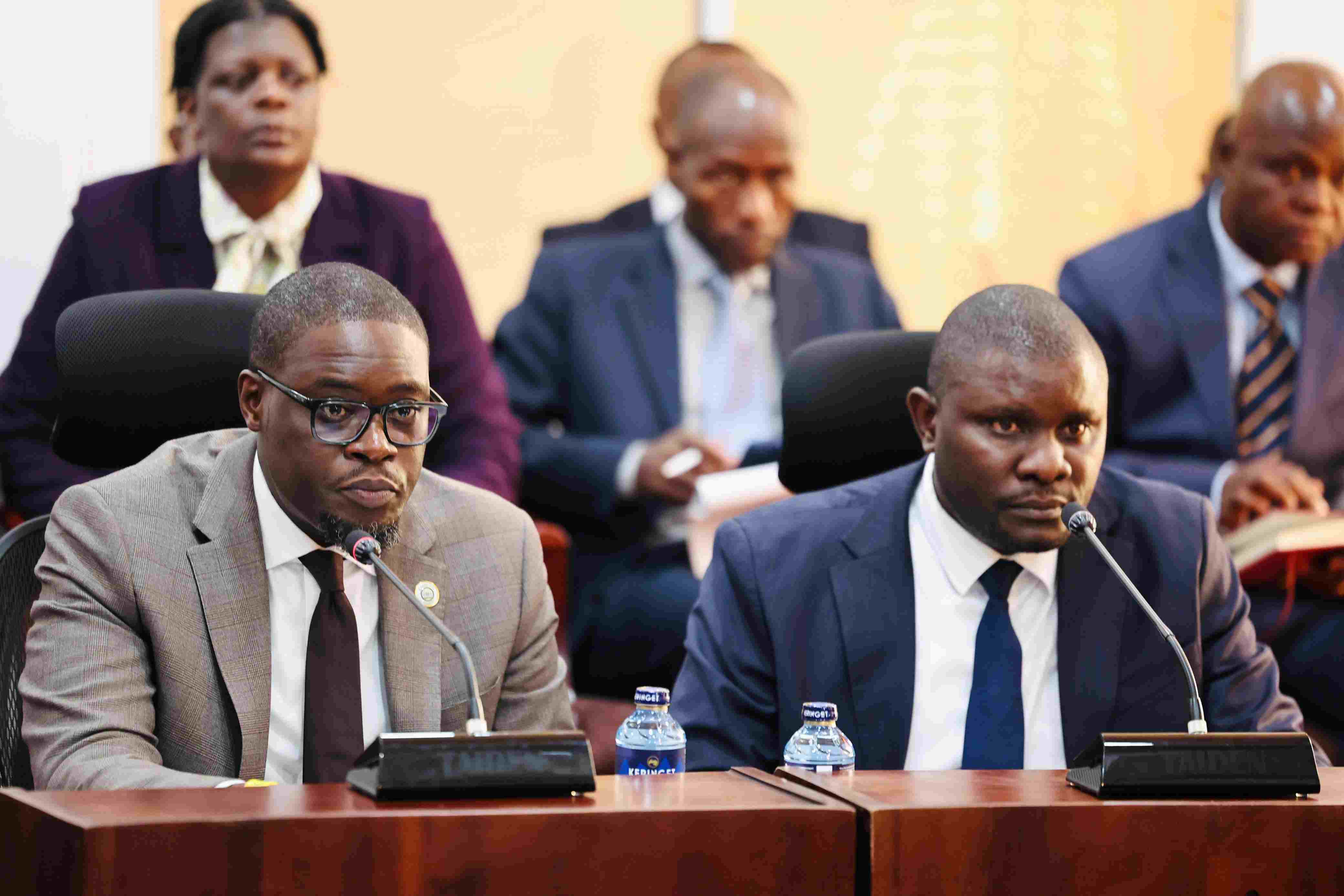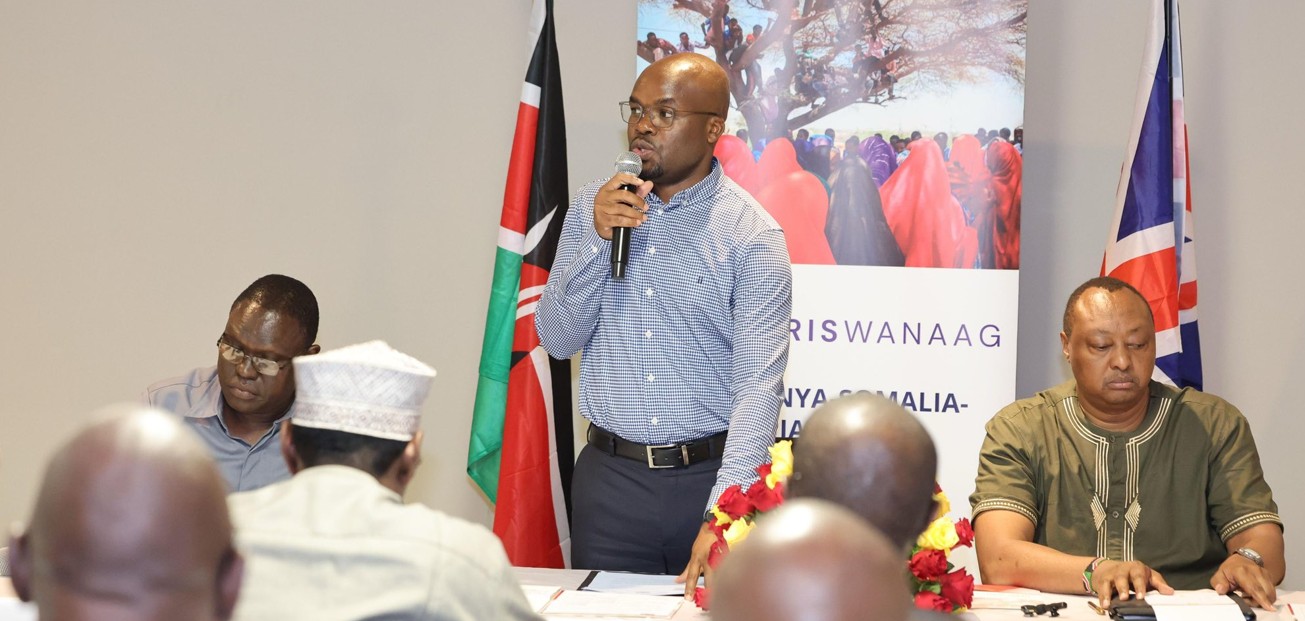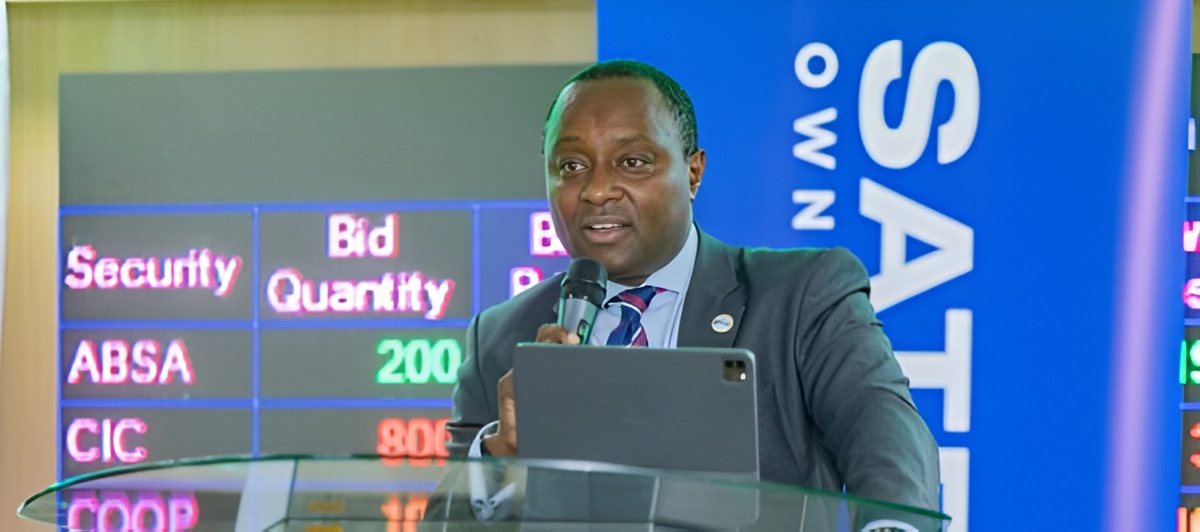Kenya lacks funds to save man facing execution in Saudi Arabia -Mudavadi
Mudavadi informed parliamentarians that unless a fund of that nature was established by parliament, Nairobi's only recourse was diplomatic intervention.
Kenya's top diplomat, Musalia Mudavadi, has said that Nairobi lacks funds to secure the release of Stephen Munyakho, 50, facing execution for a 2011 murder of a Yemen national in Saudi Arabia.
Mudavadi cited the absence of a dedicated fund at the foreign and diaspora ministry to finance such endeavours, highlighting the challenges in assisting the Kenyan national in such dire circumstances. He noted that Kenya is only limited to diplomatic interventions.
More To Read
- Police break up demo at Mudavadi’s office as anger grows over Kampala abductions
- Foreign envoys pay tribute to Raila Odinga across Kenyan missions
- Mudavadi recounts emotional journey bringing Raila’s body home from India
- Elders, governors gift Raila Odinga’s family over 100 bulls ahead of burial
- Kenya deepens ties with Morocco, hold first joint cooperation commission
- Direct Nairobi-Riyadh flights to boost Kenya’s export earnings, bilateral ties
“Kenya can only focus on diplomatic interventions because there is no fund to draw from under such circumstances to secure the release, but we appeal to Kenyans to continue raising funds and help the family,” he said.
While appearing before the National Assembly Defence, Intelligence, and Foreign Relations Committee on Wednesday, Mudavadi stated that he had already corresponded with his Saudi counterpart, Faisal bin Farhan Al-Saud.
“I personally wrote to my counterpart on behalf of the family to intervene in the execution of this gentleman. I have interacted with the mother but we are appealing to Kenyans to see if they can support them in this,” he said.
Munyakho was due to be executed on Wednesday this week for the murder of a Yemen national. It could have been carried out by decapitation - beheading is the most common method in the kingdom - or by hanging, lethal injection or firing squad.
But Nairobi negotiated his stay of execution which is only temporary.
Mudavadi informed parliamentarians that unless a fund of that nature was established by parliament, Nairobi's only recourse was diplomatic intervention.
The Prmi CS, expressing concern about the potential ramifications of a weak and underfunded foreign ministry and foreign policy, highlighted the serious challenges Kenya could face, including security and espionage issues.
However, he did not provide specific details regarding Kenya's efforts to prevent the execution of the Kenyan national, considering the strict Sharia laws in the Gulf country.
The Eastleigh Voice reached out to the Foreign Principal Secretary, Korir Sing’oei, who had previously announced the extension of the stay of execution via phone, but he did not respond to our messages.
As promised, I met with Ms. Dorothy Kweyu, the mother of Stephen Bertrand Munyakho (Stevo) today. While acknowledging the monumental challenge related to the case of her son, I assured Mama Dorothy and the family that the Government would take all necessary measures to help… pic.twitter.com/b33PIALdOt
— Korir Sing'Oei (@SingoeiAKorir) May 14, 2024
Dorothy Kweyu, the mother of the victim, aged 73, expressed to the BBC that despite meeting with officials from Kenya’s Ministry of Foreign Affairs, she has not received any additional information about her son's case. This lack of clarity has only heightened her anxiety.
Mr Munyakho, known as Stevo to his friends and family, went to work in Saudi Arabia in his early 20s and 13 years ago was a warehouse manager at a Red Sea Tourist Resort.
According to Ms Kweyu, her son got into a dispute with a colleague, who she said stabbed Stevo with a letter opener. Stevo retaliated by grabbing the letter opener and attacked his workmate, leading to his death.
“Initially, my son was found guilty of manslaughter and sentenced to five years in jail,” she told the BBC.
“We expected him to be jailed for two-and-a-half years, in accordance with international norms - but it was not to be.”
But an appeal was heard in 2014 that changed the sentence. “The court ordered that my son face capital punishment, which would have meant the death sentence,” Kweyu said.
“Later on, however, the family of the deceased was convinced by a Kenyan delegation in Saudi to take the diya offer of blood money.”
But the negotiations have proved long and difficult - and raising the money for Stevo, who has three children, has not been easy.
She continues her efforts to raise the "diyah" or blood money, which, according to Islamic law or Sharia, could secure a pardon from the victim's family.
Saudi Arabia, being an Islamic state, operates its judicial system based on Sharia principles for both criminal and civil cases.
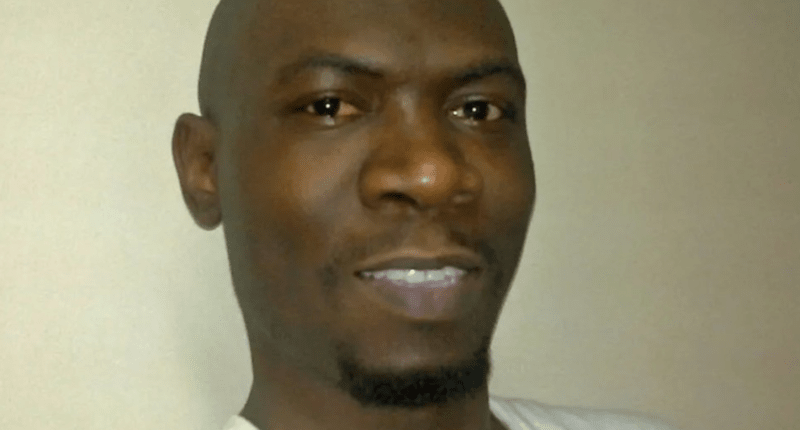 Stephen Munyakho pictured in 2010. (Handout)
Stephen Munyakho pictured in 2010. (Handout)
About Diyah
The amount of diyah varies depending on factors such as the severity of the offence and the financial status of the perpetrator. It is a form of restitution intended to provide relief to the victim’s family and serve as a means of reconciliation within the community.
It is presently implemented in approximately 20 nations across the Middle East and Africa, including Sudan and northern Nigeria.
According to teachings in the Quran, the Muslim holy book, the payment of blood money is supported.
In this instance, the Yemen family is requesting Sh150 million as compensation. Despite a public appeal, which Mudavadi mentions they will support, the funds raised so far amount to less than 5 per cent of the required sum. And time is running out.
Saudi Arabia authorities haven’t commented on the issue publicly.
Top Stories Today
